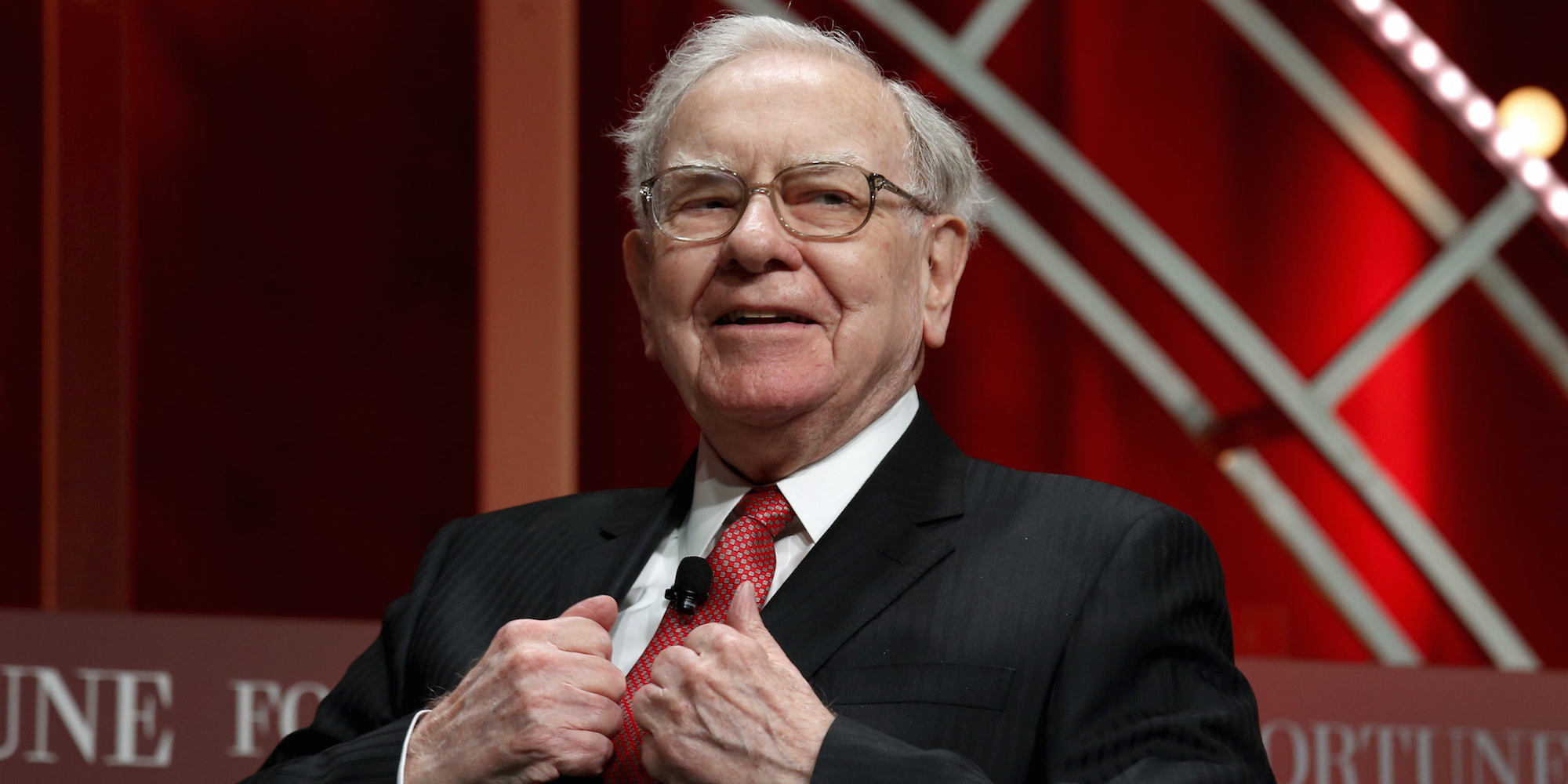- Warren Buffett discussed a range of topics at Berkshire Hathaway’s annual meeting on Saturday, often touted as “Woodstock for capitalists.”
- The Berkshire CEO joined Greg Abel, vice chairman of non-insurance operations, to host the virtual event and answer questions.
- The pair discussed coronavirus, the economy, stocks, and other topics.
- Visit Business Insider’s homepage for more stories.
Warren Buffett discussed a range of topics at Berkshire Hathaway’s annual meeting on Saturday, famously described as “Woodstock for capitalists.”
The famed investor and Berkshire CEO, along with Greg Abel, vice chairman of non-insurance operations, hosted the virtual event and answers questioned posed by journalists.
The pair spoke hours after Berkshire released its first-quarter earnings. The company posted a record quarterly loss of about $50 billion, largely due to $55 billion in investment losses. It also grew its cash pile from $128 billion to $137 billion in the period, and sold about $6.1 billion in stock on a net basis in April, upending expectations that it would capitalize on the coronavirus sell-off and buy stocks on the cheap.
Here are the highlights from the Berkshire annual meeting:
"Charlie is in fine shape"
Buffett opened the meeting by explaining the absence of Charlie Munger, his longtime partner.
"Charlie is in fine shape, his mind is as good as ever, his voice is as strong as ever," he said, but it "just didn't seem like a good idea" for the 96-year-old to attend.
"He's added Zoom to his repertoire," Buffett continued. "He's just skipped right by me technologically. Like stepping over a peanut."
"It's been a flip of the switch"
Buffett tackled the topic of coronavirus early on in the meeting.
"It's been a flip of the switch in a huge way in terms of national behavior, the national psyche, it's dramatic," he said.
"There was an extraordinary wide variety of possibilities on both the health side and the economic side," he continued. A few months on, it's become clear that "we're not getting a best case and we know we're not getting a worst case."
"The range of possibilities is still extraordinarily wide," he continued. "We do not know what happens when you shut down a substantial portion of society."
Whereas the train fell off the tracks in the 2008 financial crisis, Buffett said, "This time we just pulled the train off the tracks and put it on its siding."
This story is still developing....

